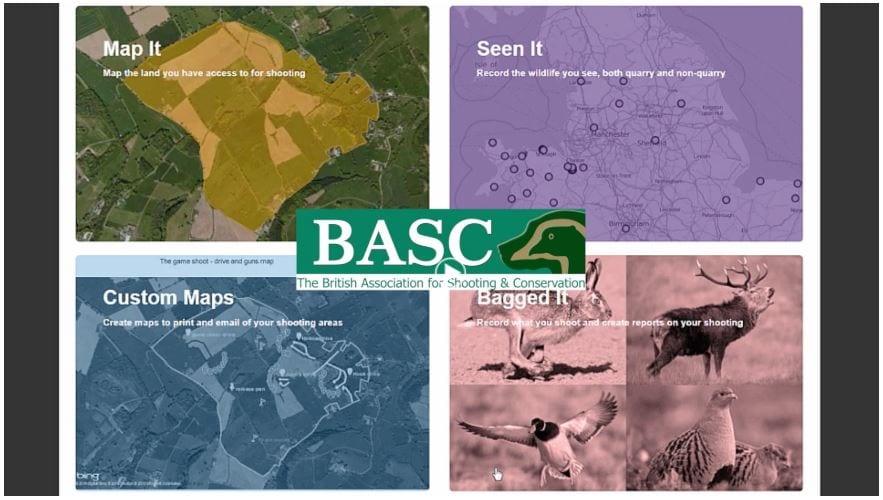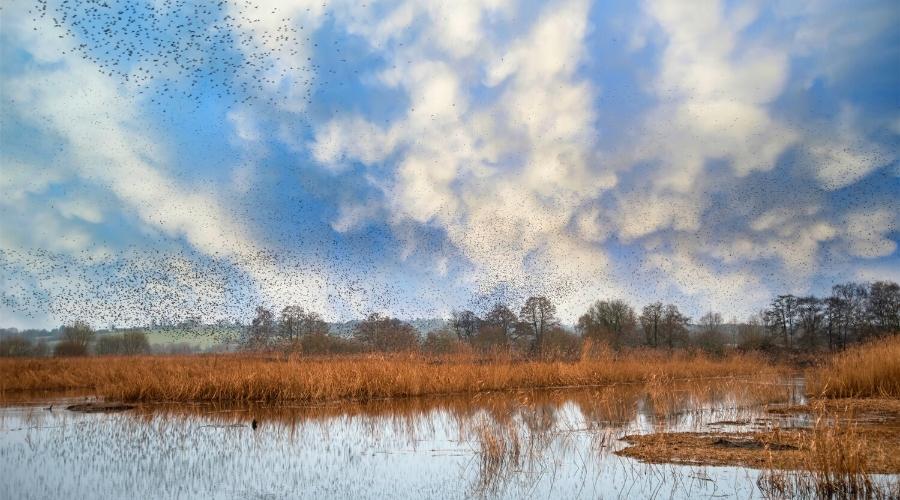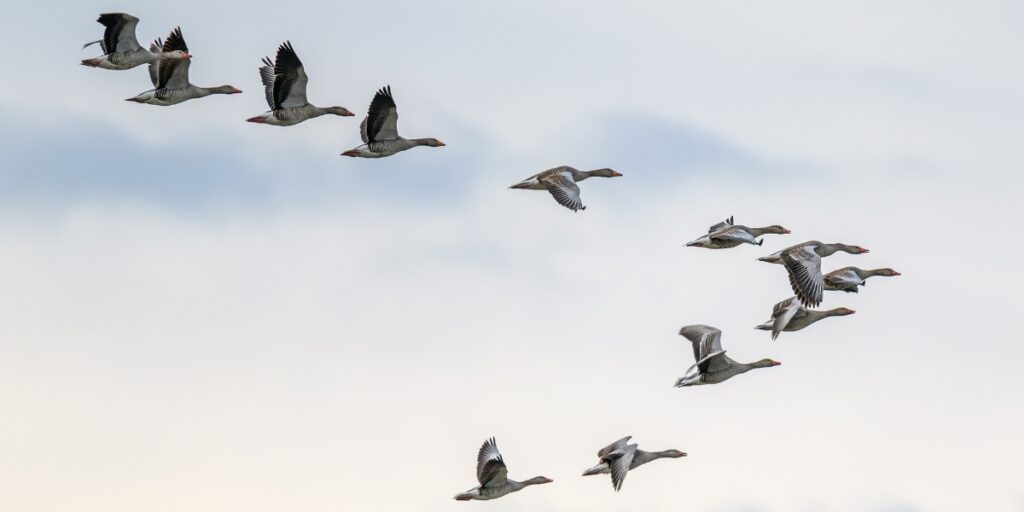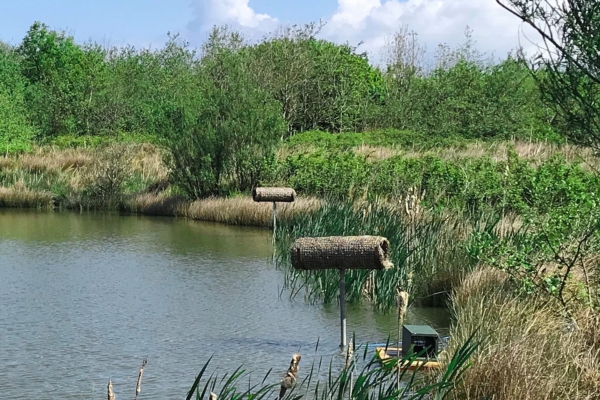
Sustainability at the heart of new Green Shoots Mapping features
New features added to our Green Shoots Mapping software allow you to boost the conservation credentials of your shoot.
Get information on the legal shooting season for mammals and birds in the UK.
Apply for funding for your project or make a donation today
Comprehensive information and advice from our specialist firearms team.
Everything you need to know about shotgun, rifle and airgun ammunition.
Find our up-to-date information, advice and links to government resources.
Everything you need to know on firearms law and licensing.
All the latest news and advice on general licences and how they affect you.

Defra has announced that work has begun on five major nature recovery projects across England.
The Landscape Recovery schemes‘ key objectives include mitigating wildlife losses and tackling climate change.
The schemes cover 99,200 hectares combined and will share an initial budget of £2.4 million to restore current wildlife-rich habitats while also creating new habitats.
The five projects sitting under the scheme are:
On launching the project, Tony Juniper said: “Nature recovery can only occur if we take action at scale, and that can only work through partnerships.”
BASC is fully supportive of this position. We adopt a sector-wide approach and have strong partnerships with many conservation organisations, including Natural England.
Shooting can bring extensive benefits for nature recovery, however it needs to be more openly acknowledged and our contribution championed.
Land managed for shooting takes place over one third of the UK’s rural landscape. The habitat creation and land management which exists hand-in-glove with shooting, alongside predator and pest control on those areas, will be essential for nature recovery and can play a major part in the schemes’ successes.
For example, BASC affiliated wildfowling clubs have been assisting Natural England at numerous sites within the Somerset Wetlands Landscape Recovery project. The clubs have collaborated with Natural England for decades to implement effective fox, mink and crow control and we are now working through legislative processes to ensure this activity can continue. The measures have and will continue to benefit the breeding success of ground-nesting waders, not to mention other wildlife such as the water vole.
BASC members continue to manage the land beyond this National Nature Reserve (NNR) and others to promote nature recovery.
The Somerset Wetlands collaboration is one of many ongoing across the UK. It offers a brilliant example of how sustainable shooting supports nature recovery, bringing benefits to wildlife and engaging local communities in delivery on the ground.
The partnership also showcases the importance of the work of BASC members in achieving government targets to halt the decline of species abundance by 2030.
BASC is always open to engaging in new collaborations for nature recovery and will look to build on the work that is already underway on the ground.
Want to find out more about BASC-affiliated wildfowling clubs? Click here.

New features added to our Green Shoots Mapping software allow you to boost the conservation credentials of your shoot.

Understanding the established global routes followed by migratory birds is key to ensuring the future of sustainable wildfowling.

Taw and Torridge Wildfowling Club has recently launched a mink control programme as part of its wider conservation efforts.